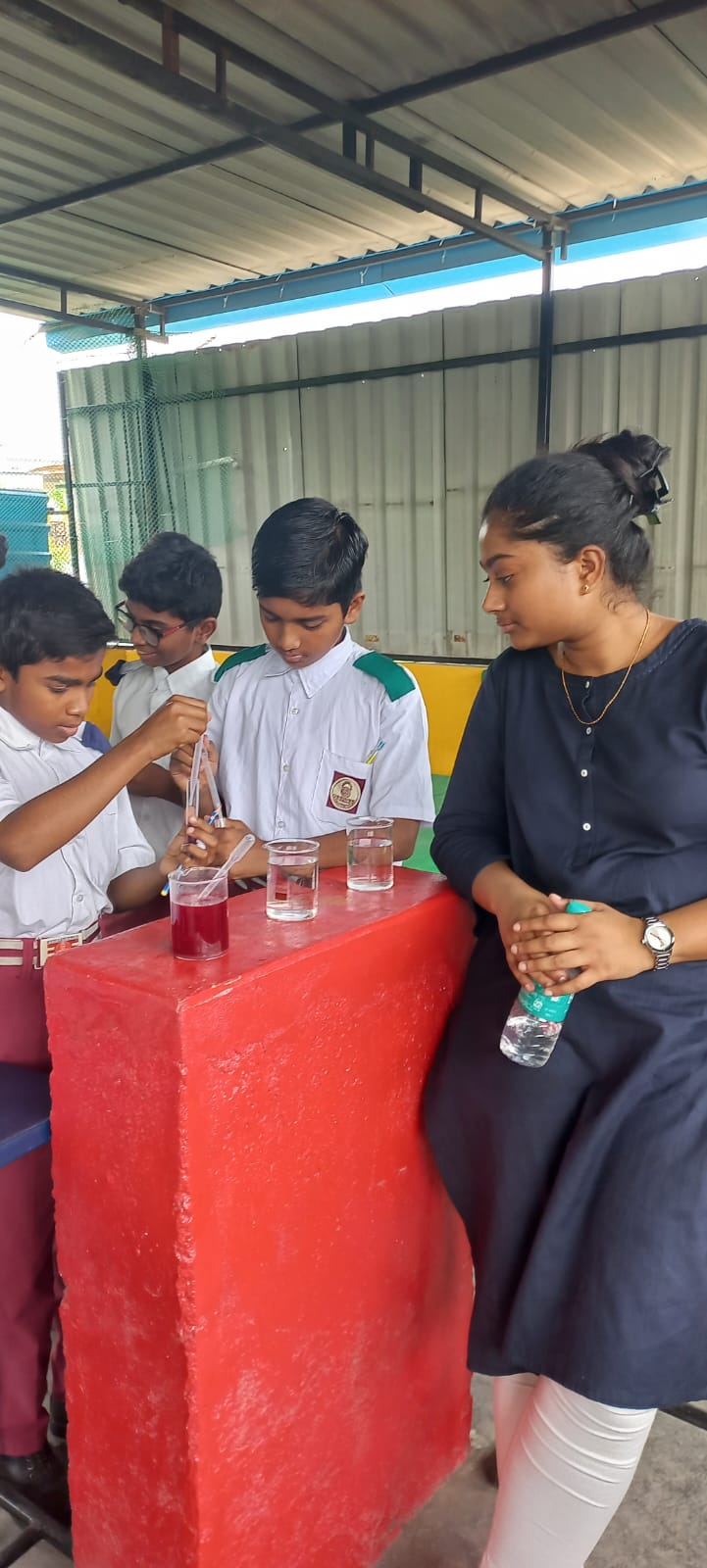
My first summer in college, I wasn’t just lucky enough to go home, but I was lucky enough to go home and give back to my community. Through the Wellesley Career Education Grants Program, I received the Susan Rappaport Knafel ’52 Internship Fund. I used the fund to take the Science, Technology, Engineering and Math Kit (STEMKit) to India.
Developed in 2015, under the guidance of Senior Research Scientist Wendy Robeson, Ed.D., at the Wellesley Centers for Women, STEMKit is an affordable lab-in-a-box that aims to take hands-on science (biology, chemistry, physics, and environmental science) experimental learning to low-resourced schools and communities. Previously, STEMKit has been used in public schools in the rural outskirts of Accra, Ghana; Cairo, Egypt; a summer camp for Indigenous girls in Alaska; summer camps for 5,000 children in Nigeria; and with educational groups in Liberia.
Over two months in Hyderabad, a city in South India, I interacted with over 2,500 students in over 100 classrooms. They came from diverse backgrounds and spoke at least 10 different languages. I performed science experiments with students from 4th to 10th grade, tailored to their grade level, on topics ranging from pH to genetics and oscillatory motion to aerodynamics. Each student received their own set of materials to perform the experiments and also got to take the equipment home. At the same time, I also always made sure that every experiment had a back-up experiment in case it was not possible to perform or if we had extra time. In most cases the back-ups were helpful.
I started by reaching out to local schools that did not have proper science laboratories for their students. In fact, one of the schools I went to was the school I studied in. During the first week of the program, the students enjoyed the labs so much that we extended the program for two more weeks. Students would come back to me the next day and ask questions or tell me how they performed the experiments at their houses and show me their observations. Looking back, I wish I had this opportunity when I was in their school.
Another school I went to was a residential girls’ school run by the state government. Most of these students came from very ordinary backgrounds, and their parents might never have had access to education. Most of them had never even been to another state in India, much less had the opportunity to travel internationally. Telling them that I study at Wellesley and explaining to them the power of a Wellesley education was deeply empowering, and I wish that I had more time with them. I can only hope to go back and serve as a local role model and help uplift more lives. The questions the girls asked me about education, Wellesley, what they can do after school, and what kind of subjects they can study, as well as the conversations we had, will continue to inspire me every day.
What initially started out as a summer internship turned into something much more. I hope that the 40 minutes every student spent in my classroom will help them in one way or another, but the time I spent with all of them has taught me things I will never forget!
Shreeya Lakkapragada is a psychology and computer science major at Wellesley College graduating in 2026. Senior Research Scientist Wendy Wagner Robeson, Ed.D., worked with a group of Wellesley College students to develop STEMKit (formerly called SeedKit) in 2015.


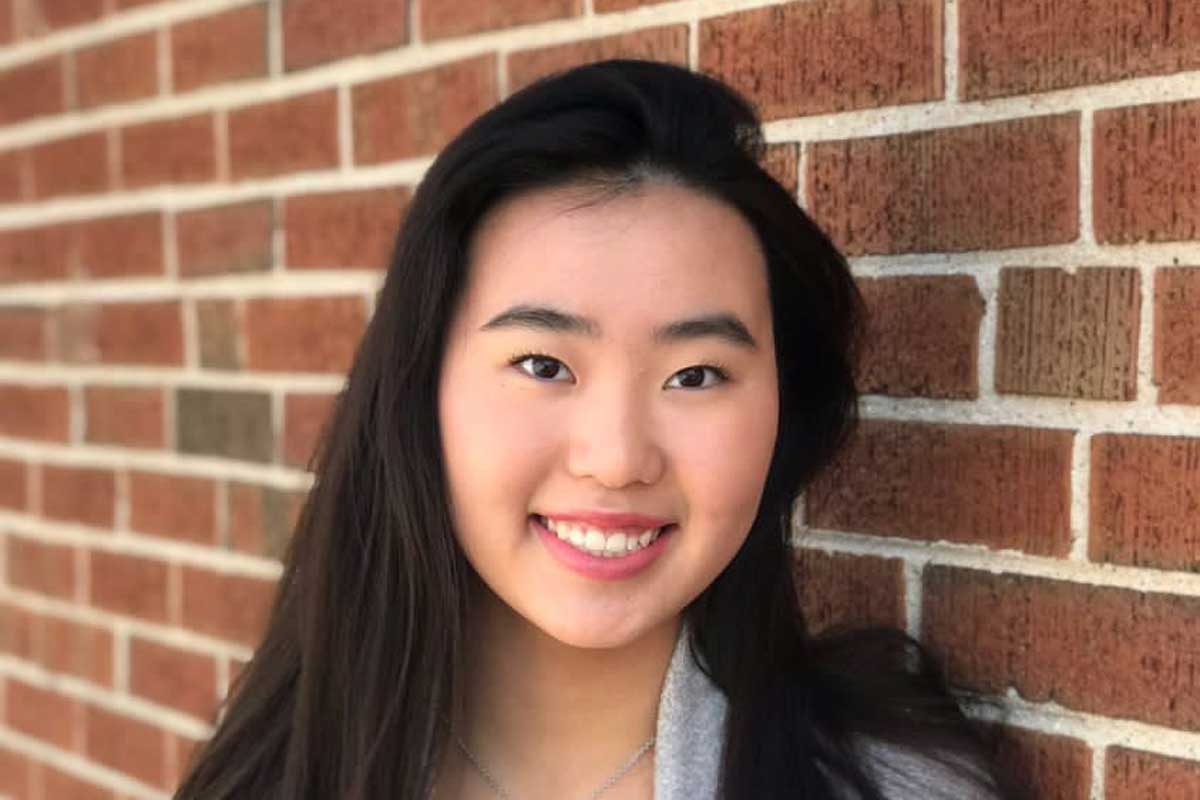
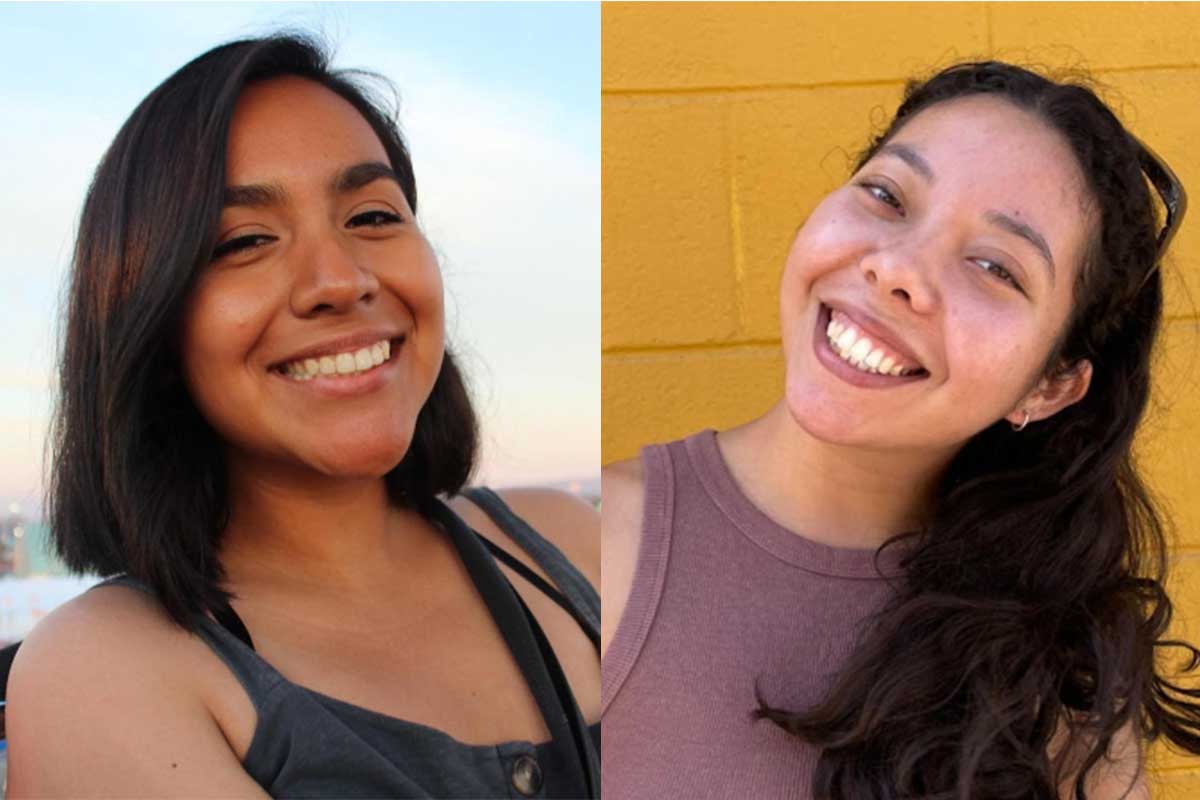
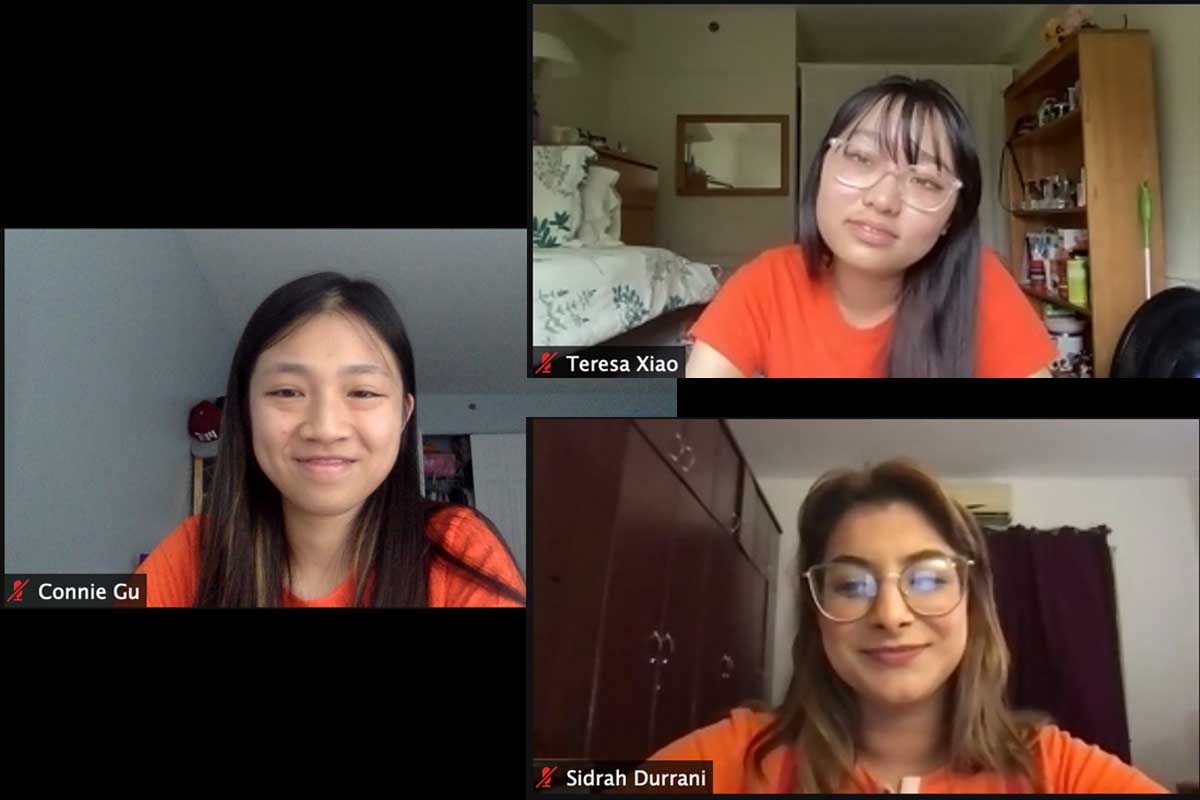
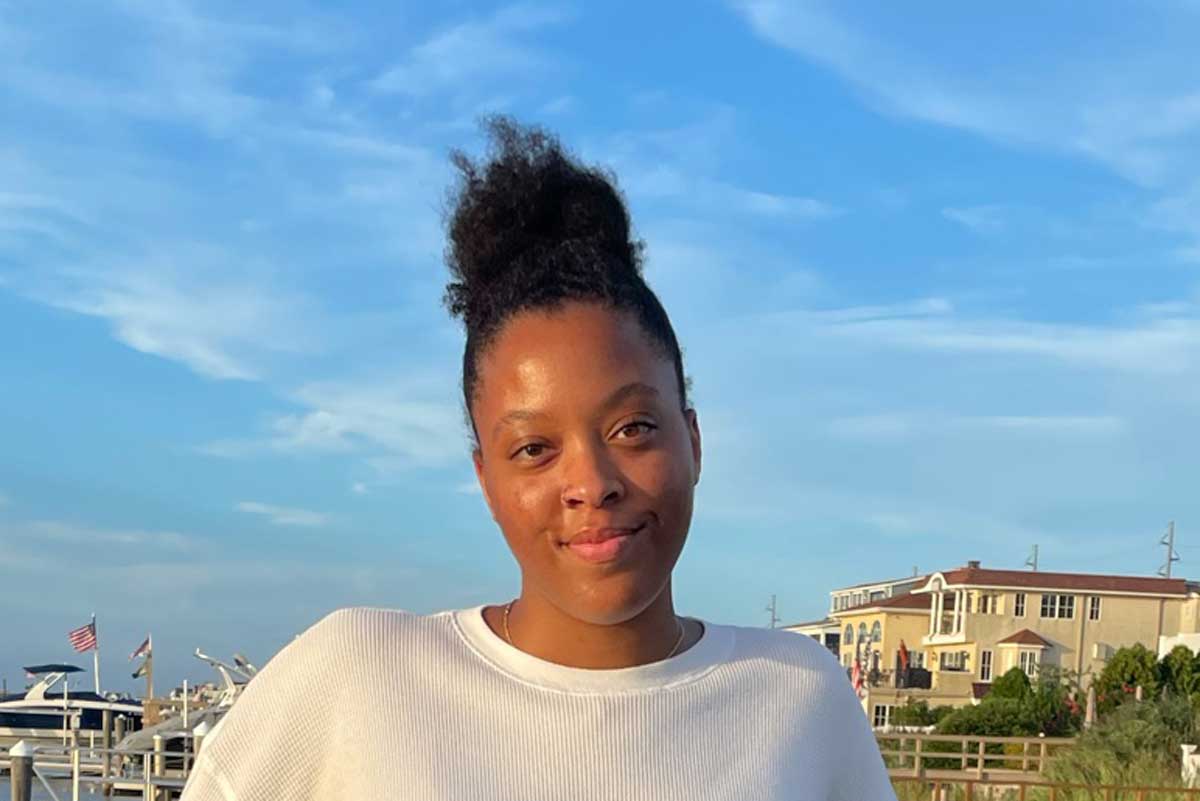

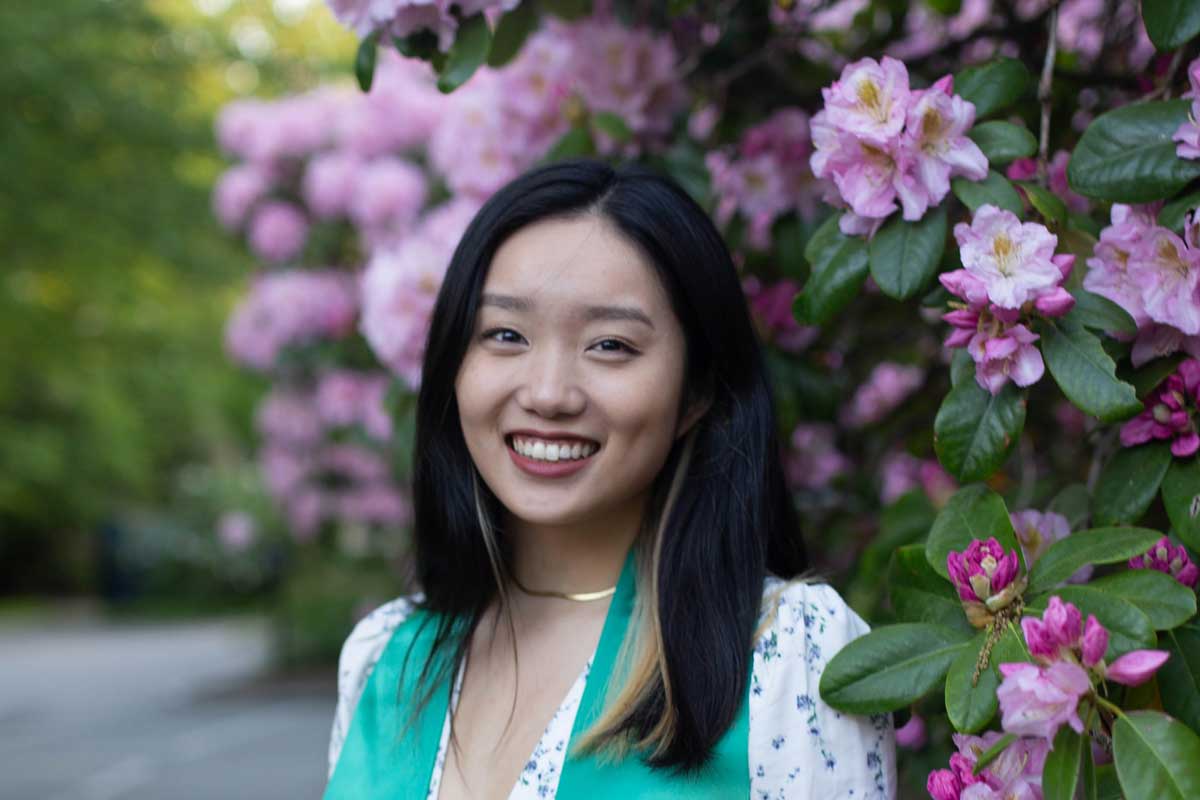

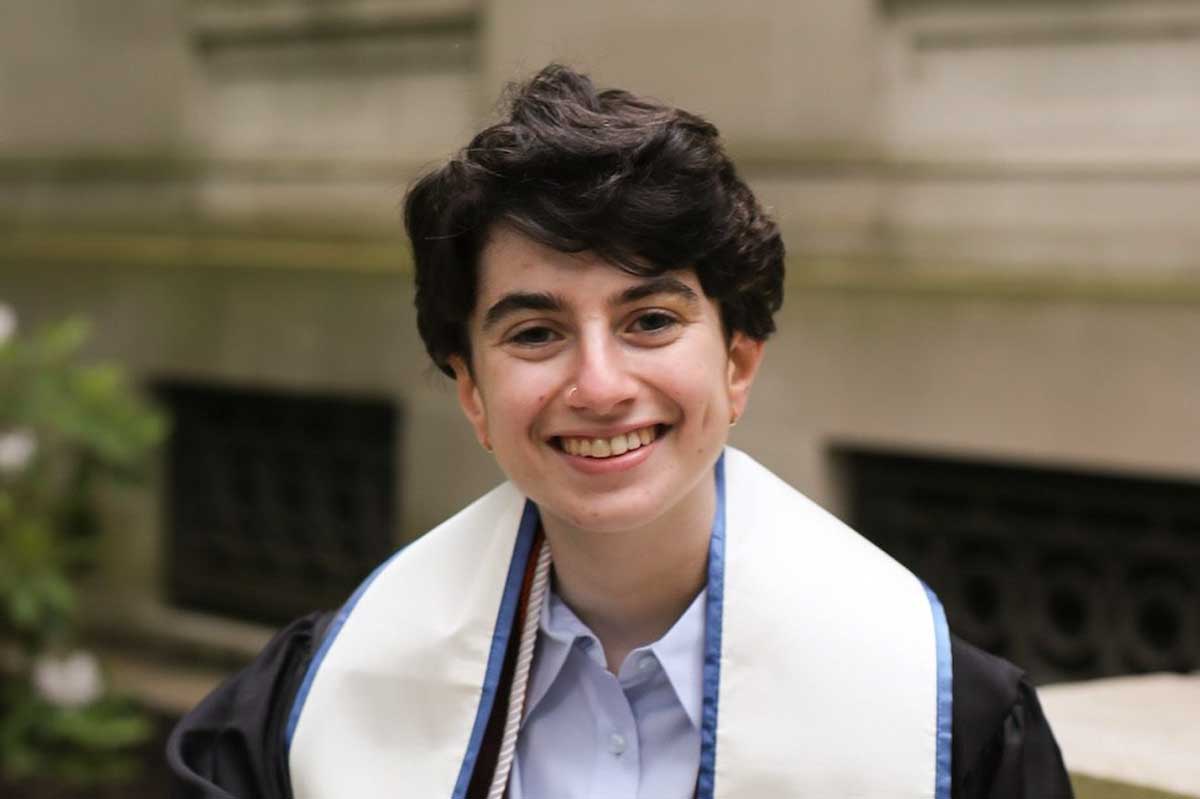
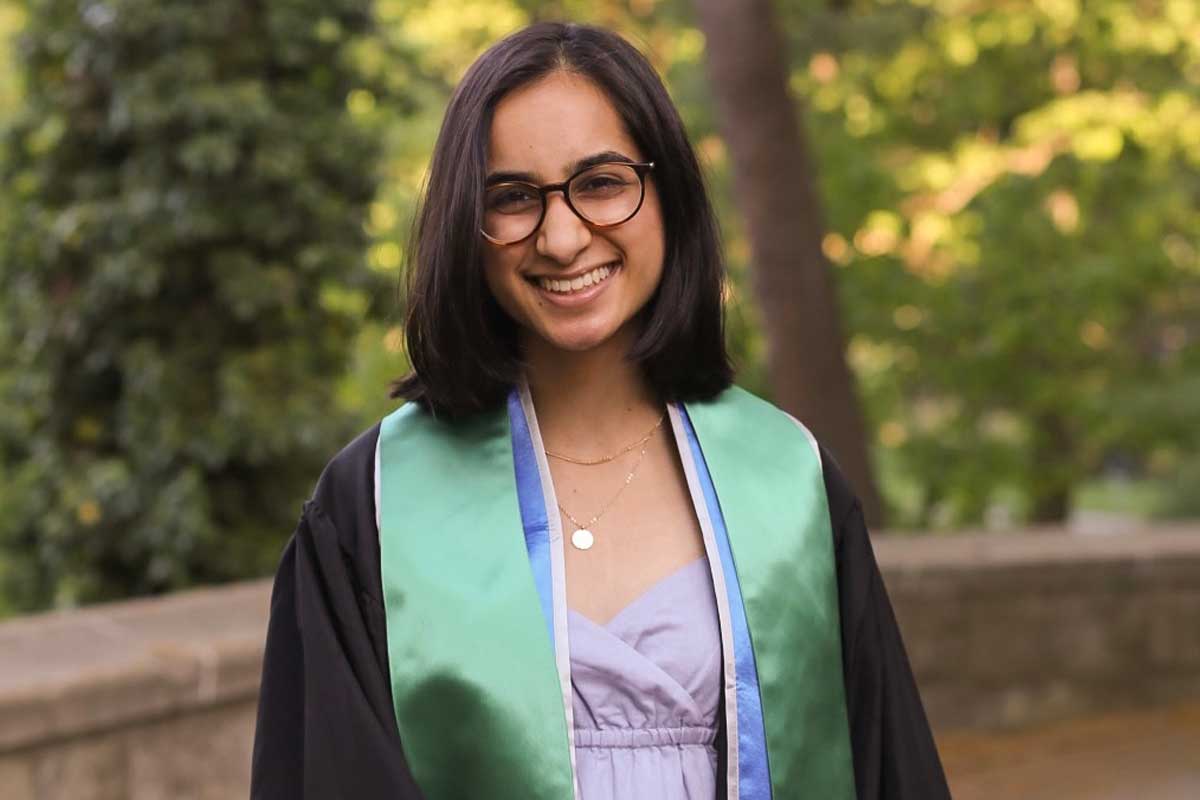
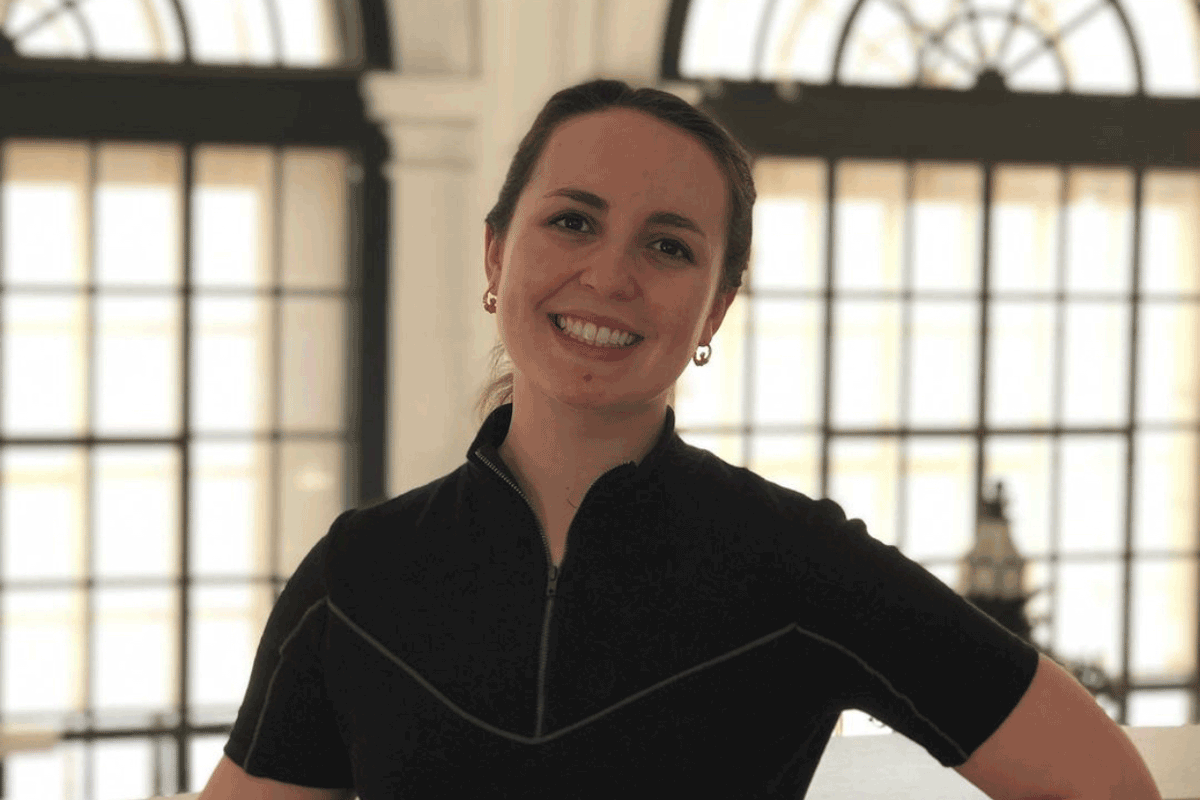 Sex education in the American public school system varies from state to state and from school district to school district. The lack of standardized sex education makes family education and conversations about sex and relationships all the more important for teenagers and their development. It is often assumed that parents are the default—that they are the only family members responsible for initiating these conversations. In my research conducted with WCW Senior Research Scientist
Sex education in the American public school system varies from state to state and from school district to school district. The lack of standardized sex education makes family education and conversations about sex and relationships all the more important for teenagers and their development. It is often assumed that parents are the default—that they are the only family members responsible for initiating these conversations. In my research conducted with WCW Senior Research Scientist 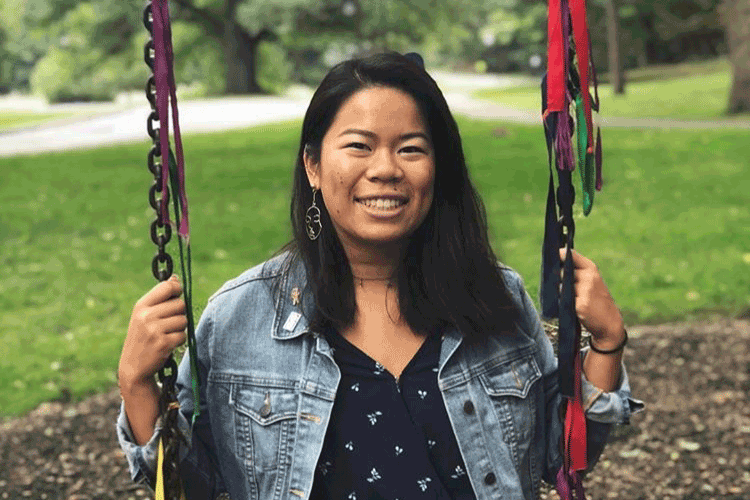 I spent the past semester working with Professor
I spent the past semester working with Professor 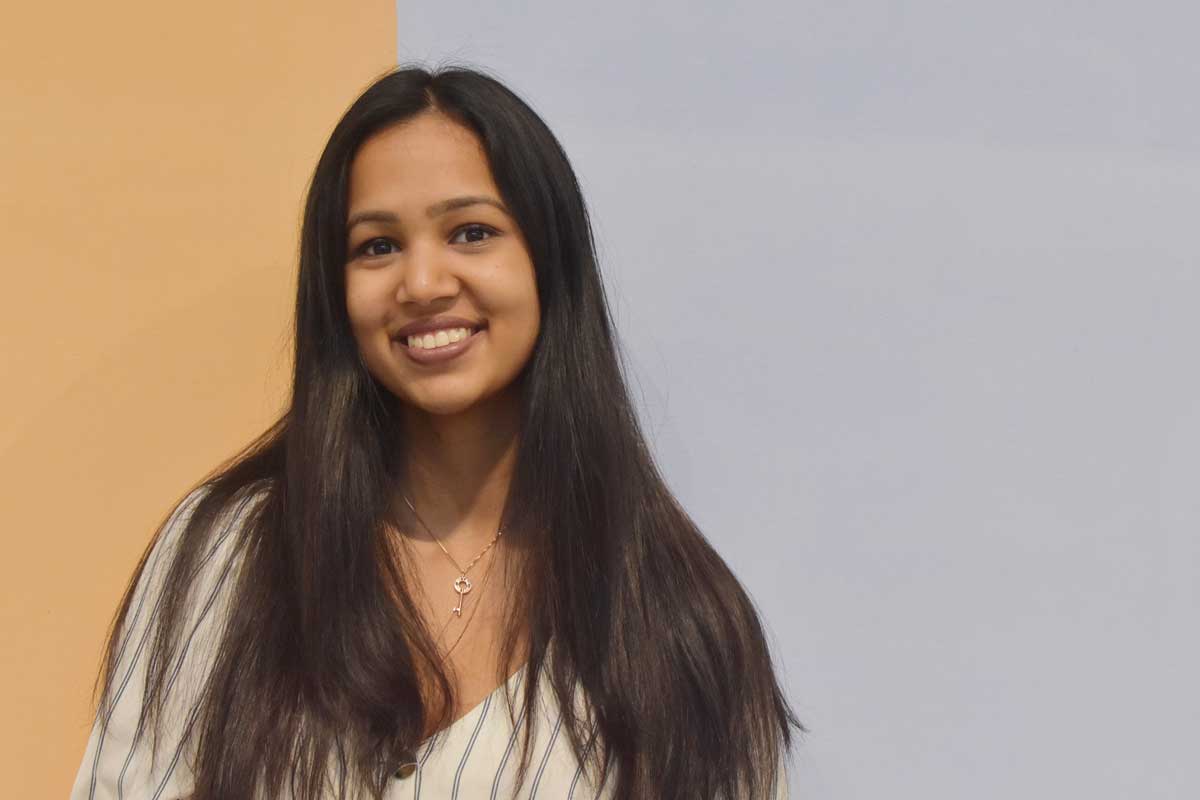 Sage Carson was raped by a graduate student in her sophomore year of college. In an article for
Sage Carson was raped by a graduate student in her sophomore year of college. In an article for 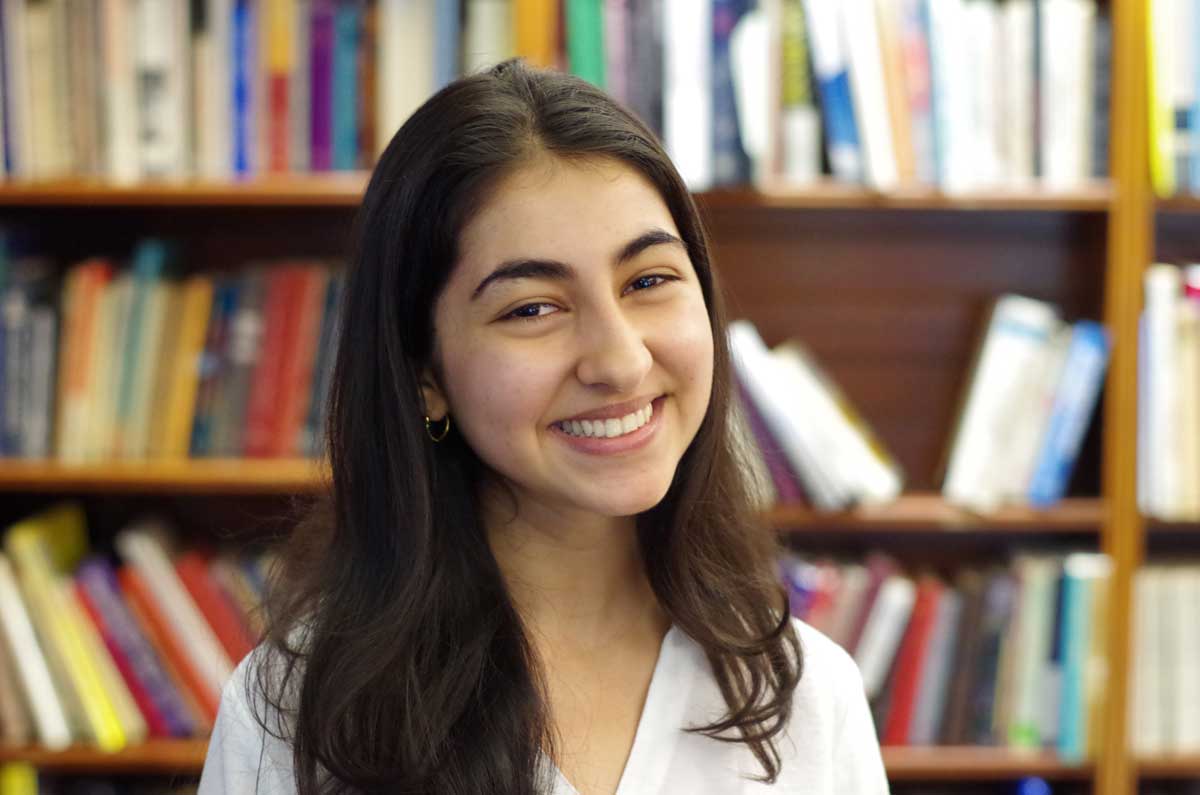 I never knew that I would have the opportunity to do social science research as an undergraduate until I got to Wellesley College. Towards the end of my first year, with my academic interests starting to gravitate toward Sociology and South Asia Studies, I knew I wanted to connect the concepts I was learning in the classroom to action-oriented research that produced tangible results for communities that I cared about. Through the helpful guidance of my peers, professors, and mentors, I discovered that I could get that opportunity by working at the Wellesley Centers for Women.
I never knew that I would have the opportunity to do social science research as an undergraduate until I got to Wellesley College. Towards the end of my first year, with my academic interests starting to gravitate toward Sociology and South Asia Studies, I knew I wanted to connect the concepts I was learning in the classroom to action-oriented research that produced tangible results for communities that I cared about. Through the helpful guidance of my peers, professors, and mentors, I discovered that I could get that opportunity by working at the Wellesley Centers for Women.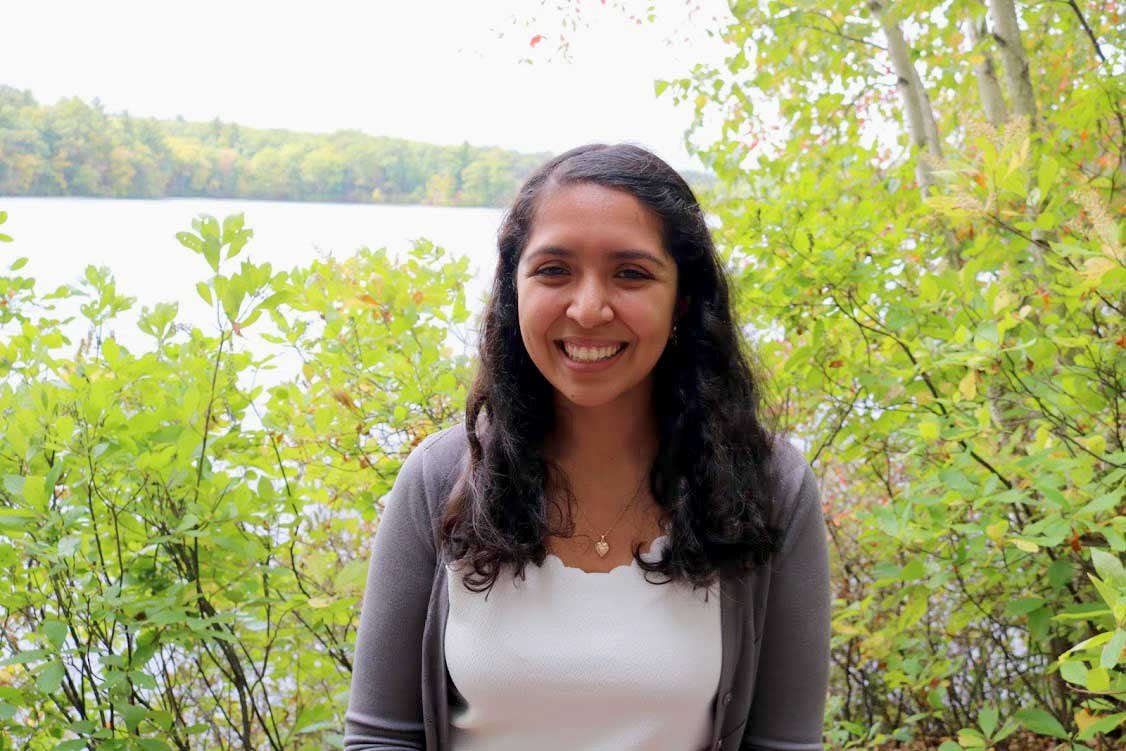 It is the spring of 2020, and my senior year at Wellesley College is not at all what I imagined it would be like. Before concerns about COVID-19 led
It is the spring of 2020, and my senior year at Wellesley College is not at all what I imagined it would be like. Before concerns about COVID-19 led 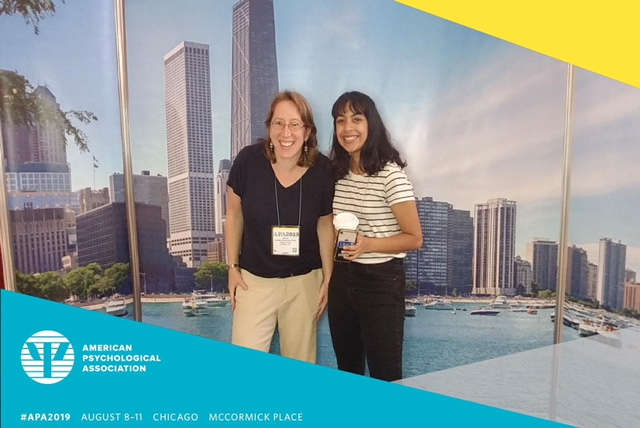 My name is Anmol Nagar and I’m a junior at Wellesley College, originally from the California Bay Area. Over the past year I’ve done research at the Wellesley Centers for Women with
My name is Anmol Nagar and I’m a junior at Wellesley College, originally from the California Bay Area. Over the past year I’ve done research at the Wellesley Centers for Women with 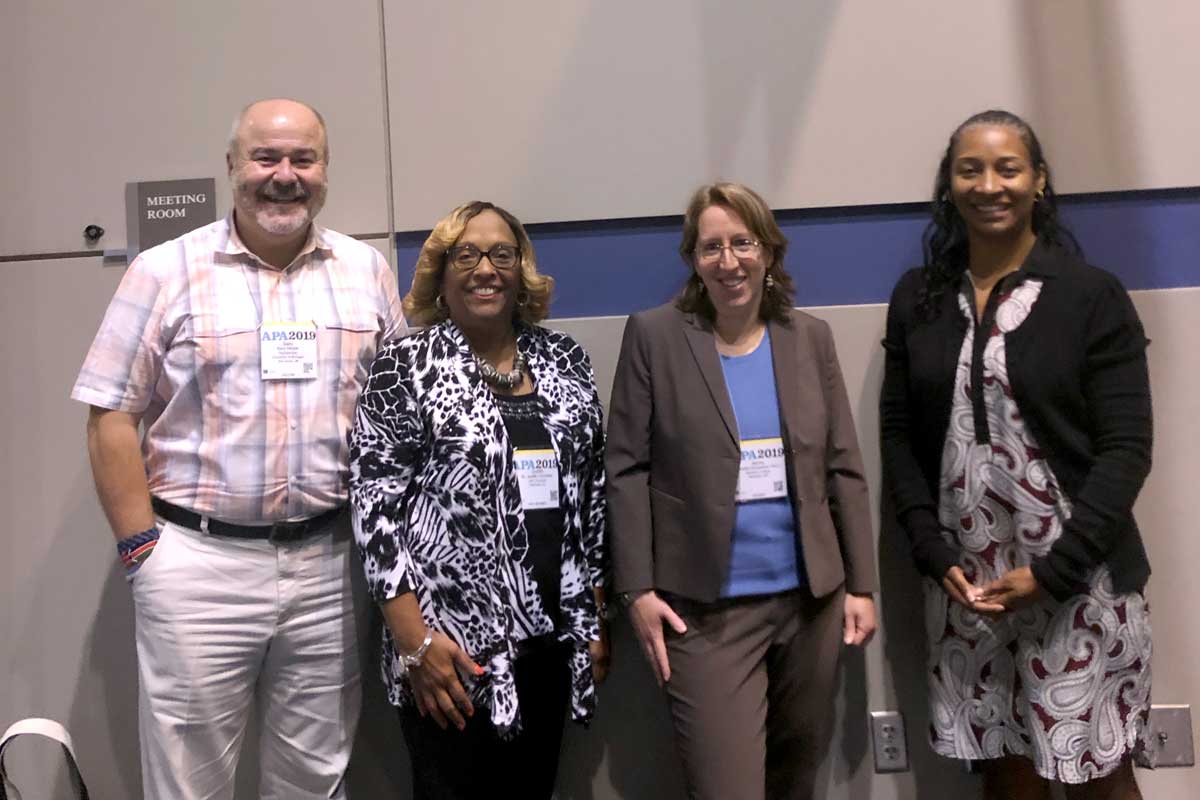 At the end of the presentation, Dr.
At the end of the presentation, Dr. 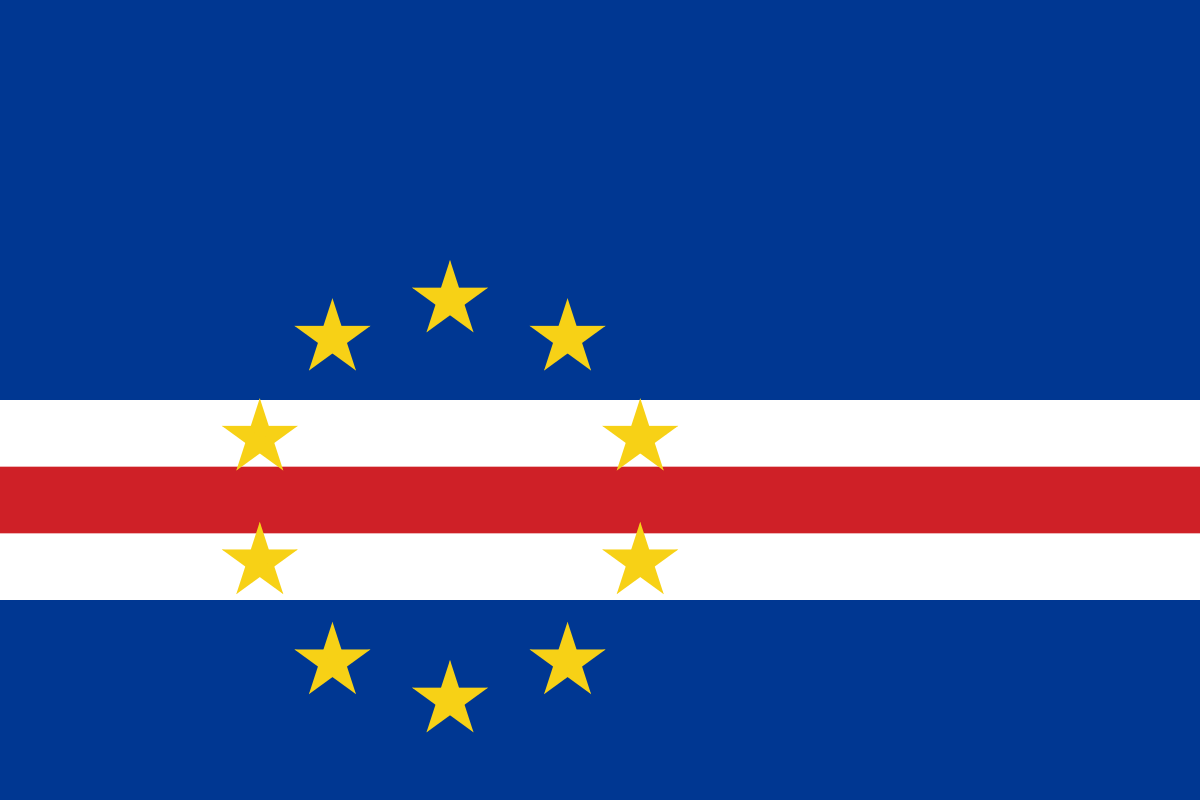
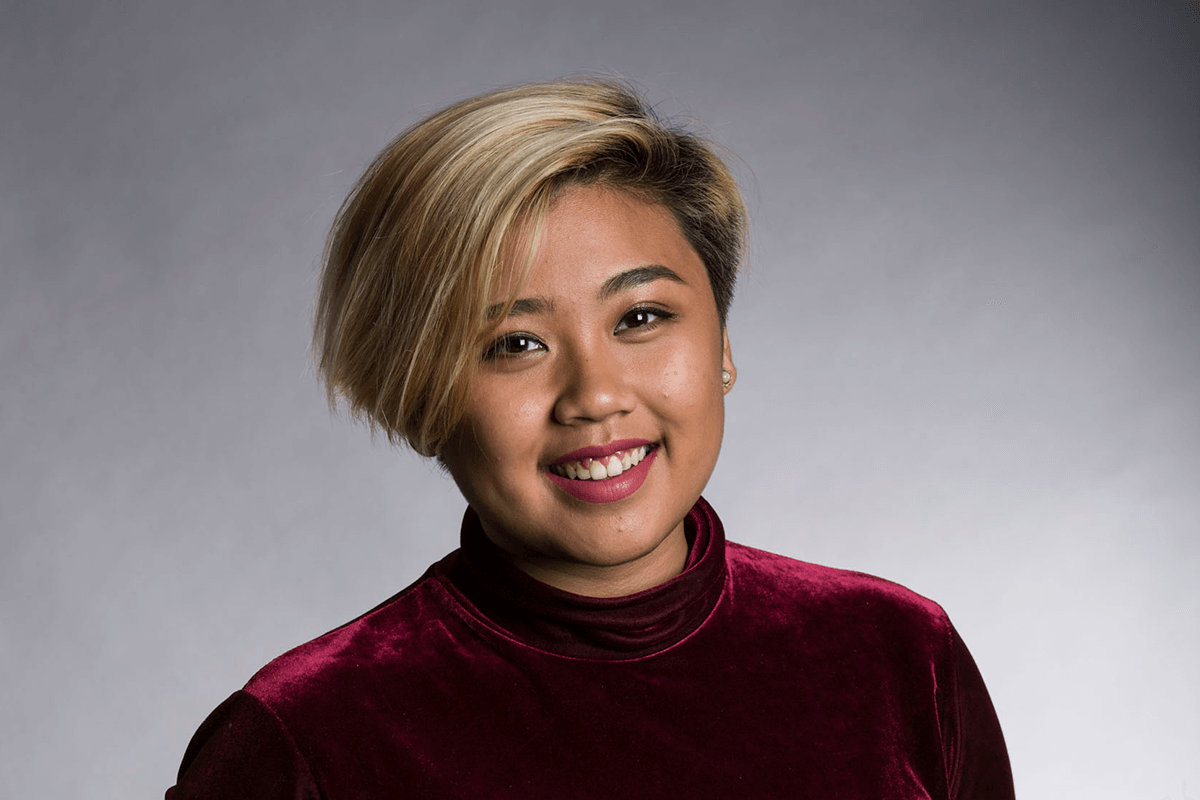 By the end of my first year at Wellesley College, I knew that I wanted to explore the world of research. I had taken the first of many gender studies courses to come, and left class with a head full of questions that I not only wanted answers to, but wanted to take a stake at answering. A stroke of luck brought me to an event for students to meet with research scientists at the Wellesley Center for Women. A stroke of better luck brought me to Dr.
By the end of my first year at Wellesley College, I knew that I wanted to explore the world of research. I had taken the first of many gender studies courses to come, and left class with a head full of questions that I not only wanted answers to, but wanted to take a stake at answering. A stroke of luck brought me to an event for students to meet with research scientists at the Wellesley Center for Women. A stroke of better luck brought me to Dr. 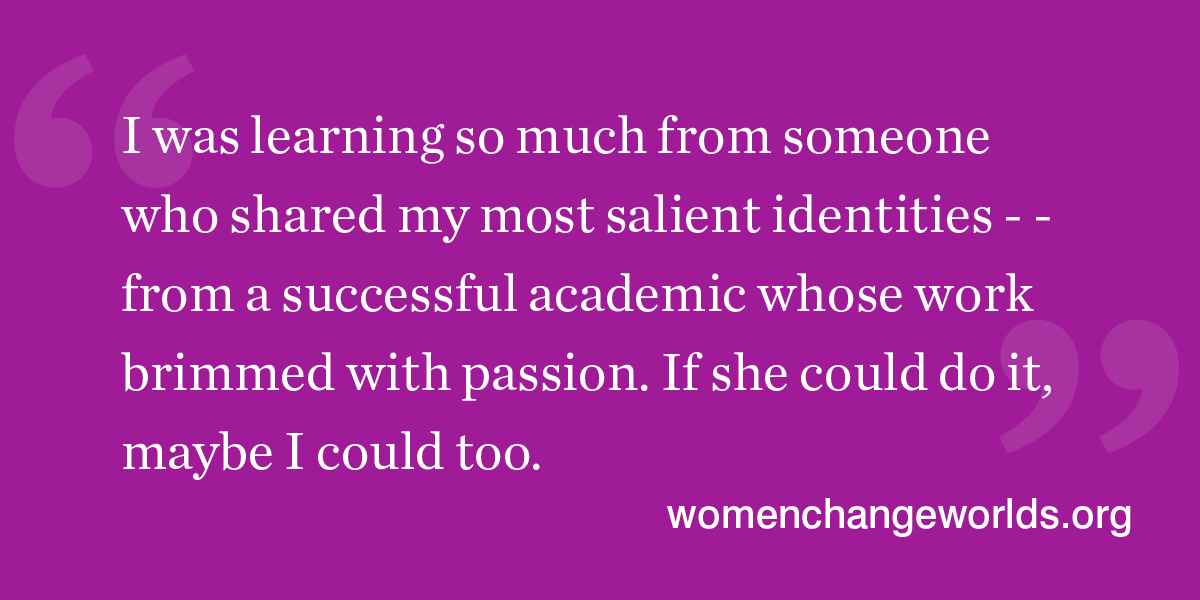 The power of representation became personal when I began to cultivate a mentor-mentee relationship with Linda. Our weekly/bi-weekly research check-ins were not only crucial for the advancement of the qualitative research we were conducting and my own research skills, but also for developing my own sense of worth and potential. Little by little, I was able to learn about Linda’s life and experiences, research and otherwise. I found out she was Thai (like me)! I found out that she also struggled in her undergraduate years (who knew that researchers were not perfect?). She spoke about her queerness in ways that normalized my own burgeoning questions about sexuality and gender. She validated my questions, hopes, and fears no matter how naive, incomplete, or overwhelming. I was learning so much from someone who shared my most salient identities - - from a successful academic whose work brimmed with passion. If she could do it, maybe I could too.
The power of representation became personal when I began to cultivate a mentor-mentee relationship with Linda. Our weekly/bi-weekly research check-ins were not only crucial for the advancement of the qualitative research we were conducting and my own research skills, but also for developing my own sense of worth and potential. Little by little, I was able to learn about Linda’s life and experiences, research and otherwise. I found out she was Thai (like me)! I found out that she also struggled in her undergraduate years (who knew that researchers were not perfect?). She spoke about her queerness in ways that normalized my own burgeoning questions about sexuality and gender. She validated my questions, hopes, and fears no matter how naive, incomplete, or overwhelming. I was learning so much from someone who shared my most salient identities - - from a successful academic whose work brimmed with passion. If she could do it, maybe I could too.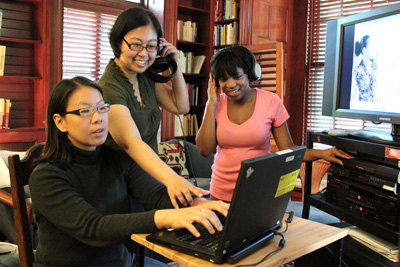
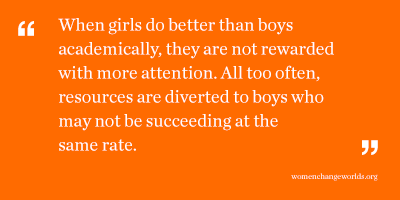 institutional changes. Until then, it is largely up to mentors to influence the capable and powerful young women who may otherwise slip through the (huge) cracks.
institutional changes. Until then, it is largely up to mentors to influence the capable and powerful young women who may otherwise slip through the (huge) cracks.